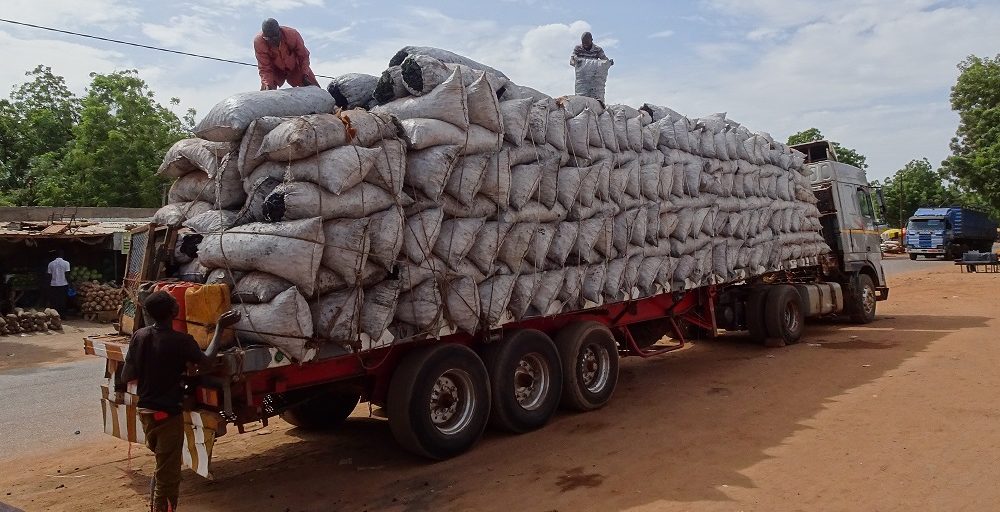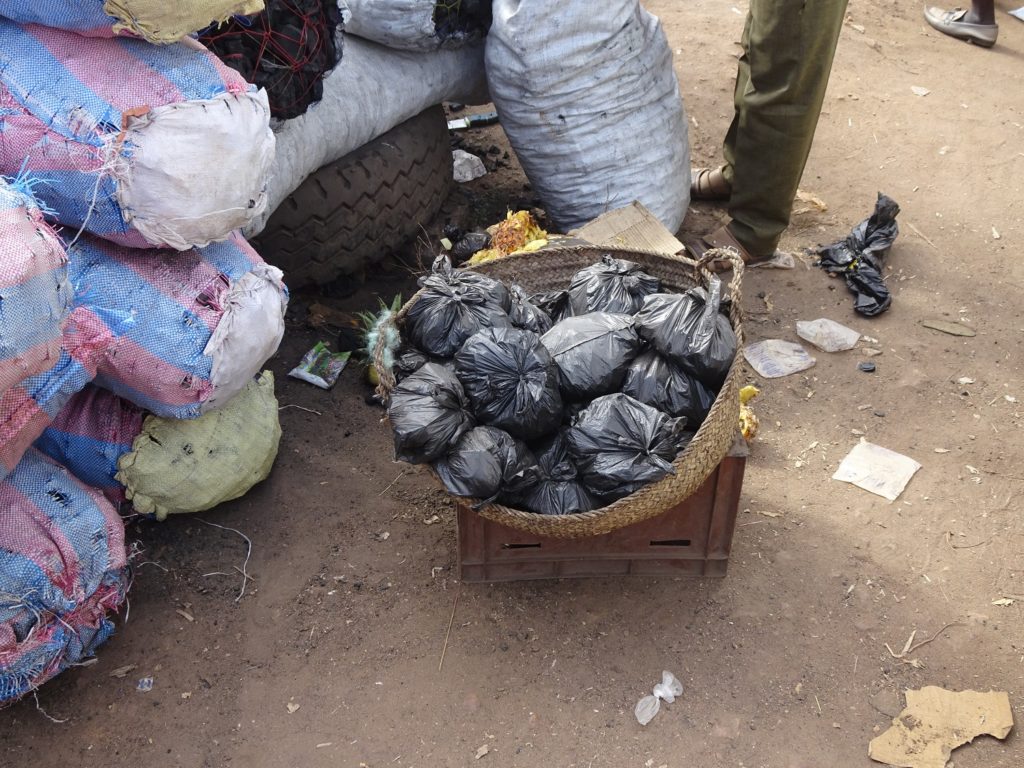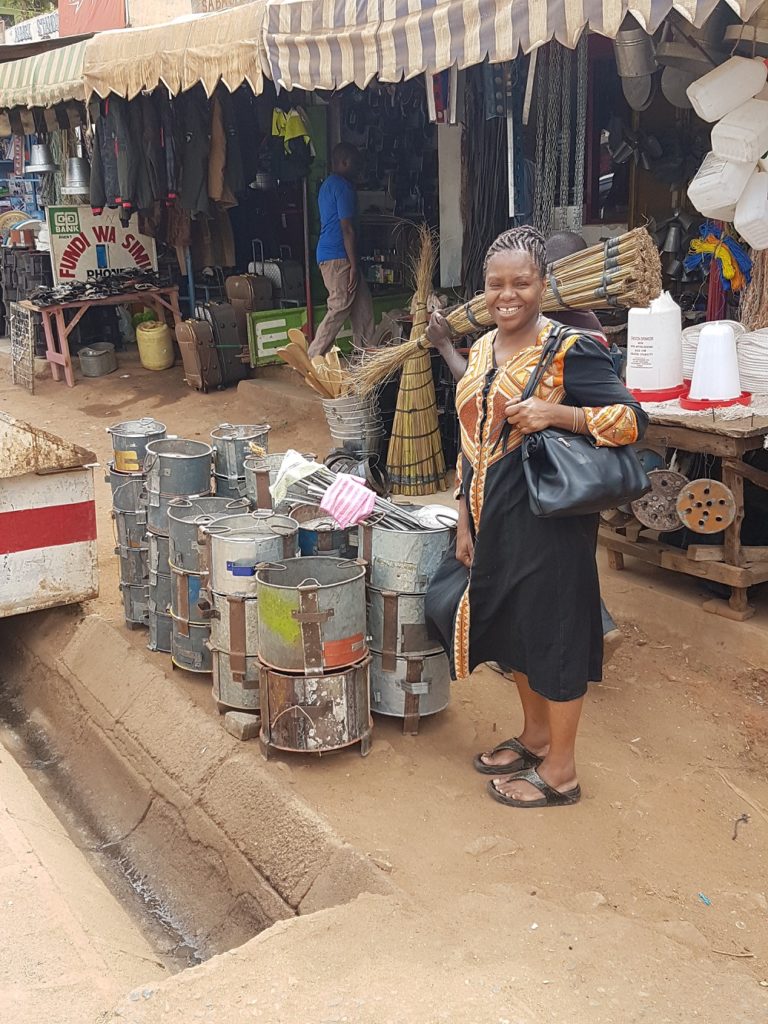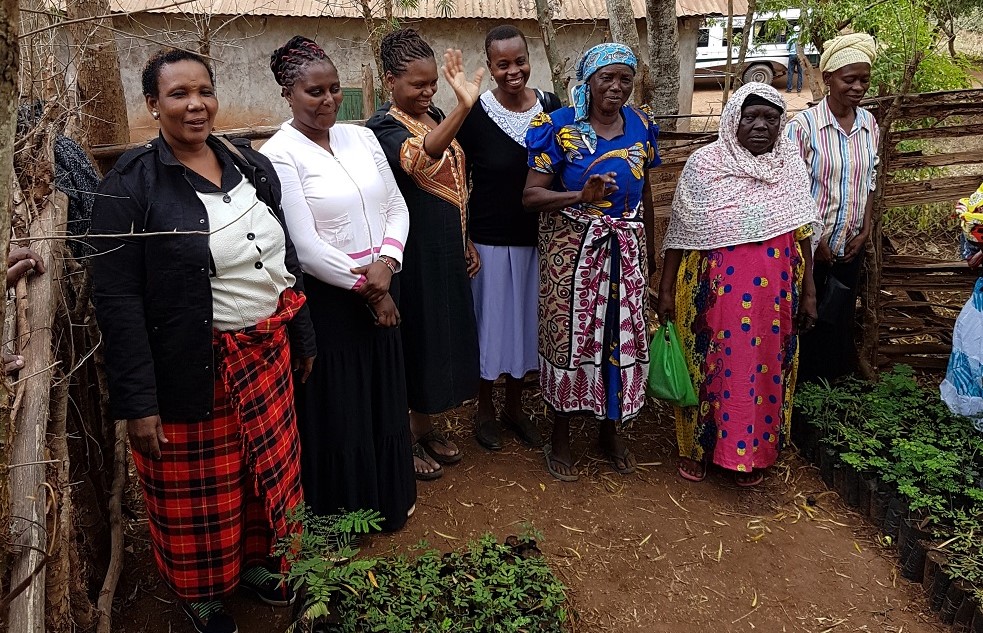On 13 October 2020, The Swedish University of Agricultural Sciences (SLU), in partnership with the African Forest Forum (AFF) organised a webinar to discuss the opportunities for creating more sustainable charcoal value chains in Africa.
Growing population and urbanization increased charcoal consumption in the Sub-Saharan Africa region. Charcoal is an affordable energy source and generates rural jobs and incomes. However, the use of charcoal causes significant downfall of health due to indoor air pollution and slashing deforestation and forest degradation.
Eight scholars were invited to discuss the core question ‘What is required to promote charcoal value chains that provide affordable energy and rural income, without degrading the forest resources?’ and to provide their recent experiences of working in different countries in Sub Sahara Africa. Based on the discussion at the webinar, this article gathers four key considerations for developing sustainable charcoal production and consumption.
Unpacking the value chain
The life cycle of the charcoal business is full of uncertainties. Who is involved in different processes of charcoal production and marketing? How many hectares of forest are being cut? What is the difference between the selling price and the costs of production, including the raw material components? These questions can be addressed by following the charcoal value chain, from harvesting and production, to transportation, wholesale retail and to consumption.
This approach doesn’t only allow us to unpack the values of each step, but also makes the hidden actors visible. Such hidden actors include, for instance, illegal woodcutters, who are often migrant workers from neighboring countries, or international companies investing in charcoal production in the region, or women who work as charcoal traders or even a local cartel. According to Anders Roos, ‘most of the charcoal producers we met during the fieldwork were relatively poor. They have tried to earn their incomes to pay for food, clothes and school fees. While they were hoping to establish a sustainable charcoal production, where they for instance planted trees to replace what were cut. However, the charcoal ban 2018 in Kenya has blocked the development of legal and mores sustainable charcoal value chains.’ Moreover, by unpacking the value chain, we can see that consumers are not only concentrated in cities, but also in rural areas. Rural value chain actors deal in smaller volumes but make up a large part of charcoal production and consumption.



